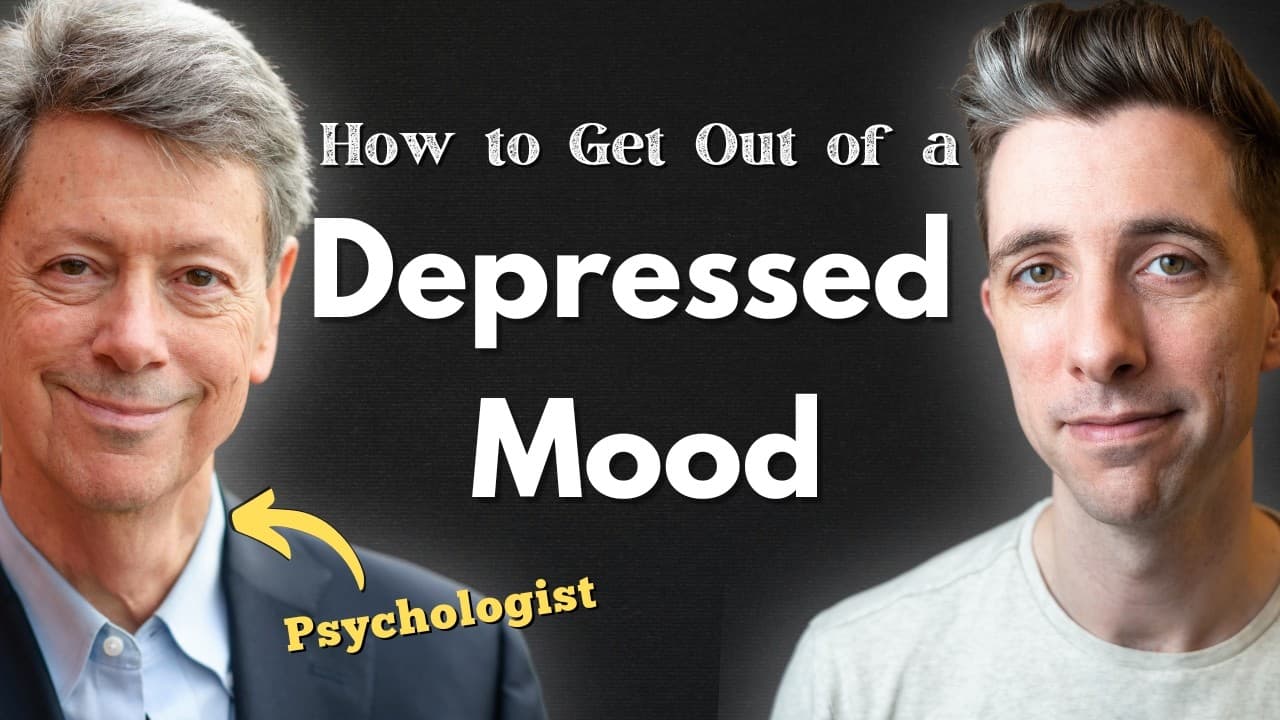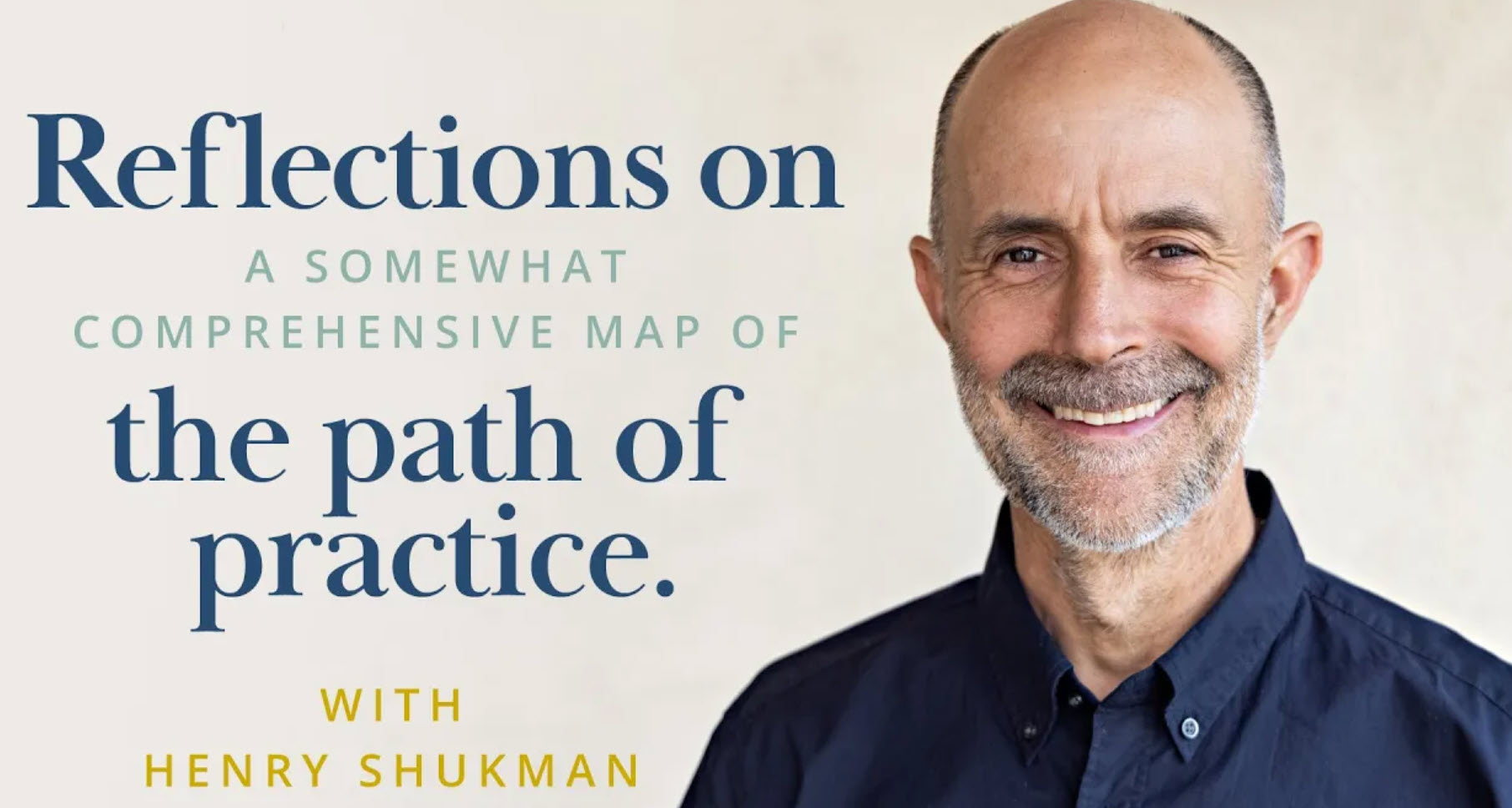Do You Feel Stressed or Tense?
The Practice:
Relax your body.
Why?
Most people these days feel pretty stressed. Plus often worried or angry about one thing or another, such as finances, their job, the health of a family member, or a relationship on the rocks.
When you get stressed or upset, your body tenses up to fight, flee, or freeze. That’s Mother Nature’s way, and it kept our ancestors alive to pass on their genes.
But today – when people can live 70 or 80 years or more, and when quality of life (not mere survival) is a priority – we pay a high price for daily tension. It leads to health problems like heart disease, poor digestion, backaches and headaches, and hormonal ups and downs. And to psychological problems, including anxiety, irritability, and depression.
The number one way to reduce tension is through relaxation. In fact, studies by Herbert Benson and others have shown that relaxing routinely actually improves the expression of genes that help control the fight-or-flight stress response; somehow the effects of soothing and calming your body sift all the way down to affect tiny atomic units within your molecules of DNA: amazing!
Besides its benefits for physical and mental health, relaxation of course feels great. Just recall how nice it feels to soak in a tub, curl up in bed, or plop on the couch after the dishes are done and the kids put to bed.
Whether you’re stuck in traffic, wading through emails, having a tough conversation, worried about your bills, or frustrated at how little support you get, being able to relax your body at will, even a little bit, is a critically important inner skill.
Get Tips Like This Delivered Right to Your Inbox
You can unsubscribe at any time and your email address will never be shared or sold.
How?
Sure, do what you can to have your life be less stressful, protect yourself, accept what can’t be changed, and gradually build shock absorbers inside your mind so you become increasingly steady in the face of life’s nuttiness.
- Meanwhile, this week’s practice is to focus on relaxing your body. To do this, here are some great ways to activate the “rest-and-digest” parasympathetic nervous system (PNS) and its neural, hormonal, and cardiovascular allies; they calm down the fight-or-flight sympathetic nervous system:
- Relax your tongue and jaw; perhaps touch your lips. (PNS fibers, involved with digestion, fill the mouth.)
- Open your lips slightly. (This can help ease stressful thinking by reducing subvocalizations, the subtle, unconscious movements of the jaw and tongue often associated with mental speech.)
- Do several long exhalations (even five or ten). (The PNS handles exhalation.)
- Then, for several minutes, breathe in such a way that your inhalation and exhalation are equally long; perhaps count mentally up to five for each inhalation and exhalation. (This creates smooth and steady changes in your heartrate – an optimal pattern of “heartrate variability” – since the heart speeds up slightly with inhalation and slows down slightly with exhalation).
- Recall the feeling of being with someone you know cares about you. (Feeling cared about activates the affiliating system inside your brain; besides feeling good, that settles down the fight-flee-freeze avoiding system, and nurtures the happiness-seeking approaching system.)
- Relax your diaphragm, the muscle underneath your lungs that helps suck air into them; put your hand on the center of your belly, below your rib cage, and try to breathe in a way that pushes your hand half an inch or more away from your backbone. (This is especially good if you’re feeling anxious.)
Try these methods in tense situations; they really work! And you can adapt them for children. Plus the more you use them, the more you will train your body-mind to naturally drop into what Dr. Benson has termed “the relaxation response” – with all of the wonderful health and well-being benefits that will bring to you.



